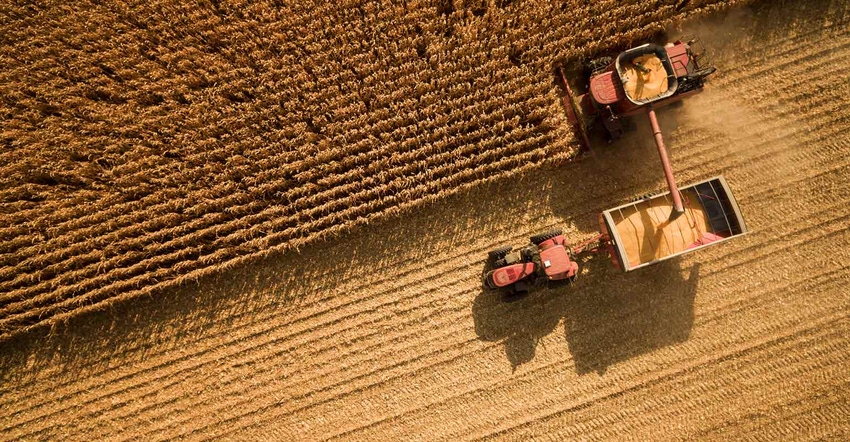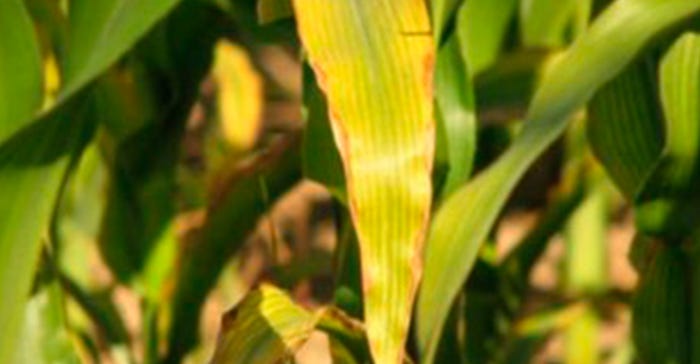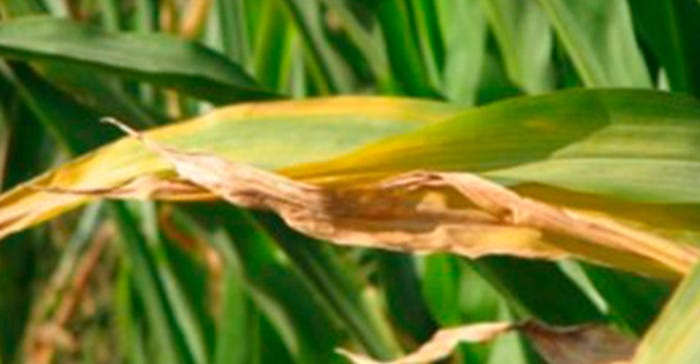September 1, 2022

Sponsored Content
Many farmers are again dealing with dry field conditions this season. In fact, according to recent reports from the U.S. Drought Monitor, over 60% of the U.S. has been experiencing abnormal dryness/drought. Whether those conditions are moderate or more extreme, they will likely impact harvest results. By how much will depend on what steps were taken to prepare for drought stress.
As concerned farmers assess their fields, it’s important to understand and recognize the effects drought stress can have on corn in order to manage it next season more effectively.
How Drought Affects Corn
Drought stress occurs anytime soil moisture is not adequate in the root zone to keep up with water demands of the crop. It can result in minimal to significant yield loss. The extent of yield loss is largely determined by the stage of growth the corn is in when drought hits as well as the corn hybrid's ability to withstand drought stress. Most often, drought stress occurs during the latter half of the growing season during pollination and grain fill, when crop demand for water is greatest.
Every day a corn plant goes without water when under drought stress can have a dramatic effect on yield potential. For example, at the pollination stage, yield loss per day of drought stress can reach as high as 9%, according to studies.
Lack of water also inhibits nutrient uptake. Nutrients enter plant roots by either diffusion or root interception. Without water, roots may not grow well and nutrient movement in the soil is limited. Nutrient remobilization in the plant will occur when corn can’t access nutrients in the soil due to poor root growth or lack of soil moisture.
That can lead to plants having deficiencies in key nutrients, the most common being potassium and nitrogen. When a corn plant is suffering from potassium deficiency, it will yellow and display necrosis on outer leaf margins. When a corn plant is lacking nitrogen, it will turn yellow, but the necrosis will display up the midrib and on the lower leaves.


Get Ahead of Drought Next Season
While the stage is set for this season, farmers should begin thinking about next season and beyond when it comes to more effectively dealing with drought stress. That starts with developing a good soil, fertility and crop nutrient management plan that incorporates practices to better preserve and utilize critical soil moisture, such as:
Adjusting tillage practices and residue management considerations.
Reducing other stresses such as root restrictions from soil compaction or insect feeding.
Avoiding planting too shallow, which can cause plants to have less developed roots.
Protecting corn plants from diseases, insects or weed competition that could impose additional stresses.
Hybrid selection is another key strategy in managing drought stress. Select hybrids with strong drought tolerance, or key traits that are designed to help withstand drought conditions and protect against yield loss. Pioneer® brand Optimum® AQUAmax® hybrids are viewed as the industry standard in helping to manage drought stress in corn.
These drought-tolerant hybrids use less water per bushel and have traits that enable them to develop a more efficient root system that helps capture deep soil moisture more efficiently and develop deeper kernels that help maintain yield under late-season drought.
If dry conditions or drought continue to be in your forecast, it’s never too early to talk to your local field agronomist to plan for drought stress more effectively, including selecting the best hybrids for your acres.
Pioneer® brand products are provided subject to the terms and conditions of purchase
which are part of the labeling and purchase documents. ™ ® Trademarks of Corteva Agriscience and its affiliated companies.
About the Author(s)
You May Also Like




